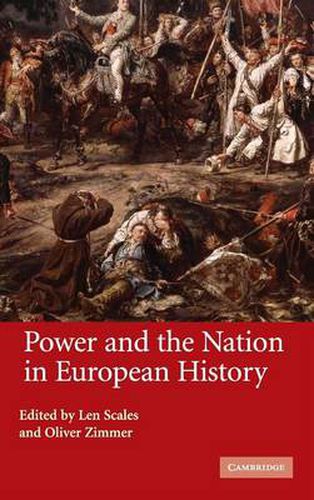Readings Newsletter
Become a Readings Member to make your shopping experience even easier.
Sign in or sign up for free!
You’re not far away from qualifying for FREE standard shipping within Australia
You’ve qualified for FREE standard shipping within Australia
The cart is loading…






Few would doubt the central importance of the nation in the making and unmaking of modern political communities. The long history of ‘the nation’ as a concept and as a name for various sorts of ‘imagined community’ likewise commands such acceptance. But when did the nation first become a fundamental political factor? This is a question which has been, and continues to be, far more sharply contested. A deep rift still separates ‘modernist’ perspectives, which view the political nation as a phenomenon limited to modern, industrialised societies, from the views of scholars concerned with the pre-industrial world who insist, often vehemently, that nations were central to pre-modern political life also. This book represents the first attempt to engage with these questions by drawing on the expertise of leading medieval, early modern and modern historians.
$9.00 standard shipping within Australia
FREE standard shipping within Australia for orders over $100.00
Express & International shipping calculated at checkout
Few would doubt the central importance of the nation in the making and unmaking of modern political communities. The long history of ‘the nation’ as a concept and as a name for various sorts of ‘imagined community’ likewise commands such acceptance. But when did the nation first become a fundamental political factor? This is a question which has been, and continues to be, far more sharply contested. A deep rift still separates ‘modernist’ perspectives, which view the political nation as a phenomenon limited to modern, industrialised societies, from the views of scholars concerned with the pre-industrial world who insist, often vehemently, that nations were central to pre-modern political life also. This book represents the first attempt to engage with these questions by drawing on the expertise of leading medieval, early modern and modern historians.